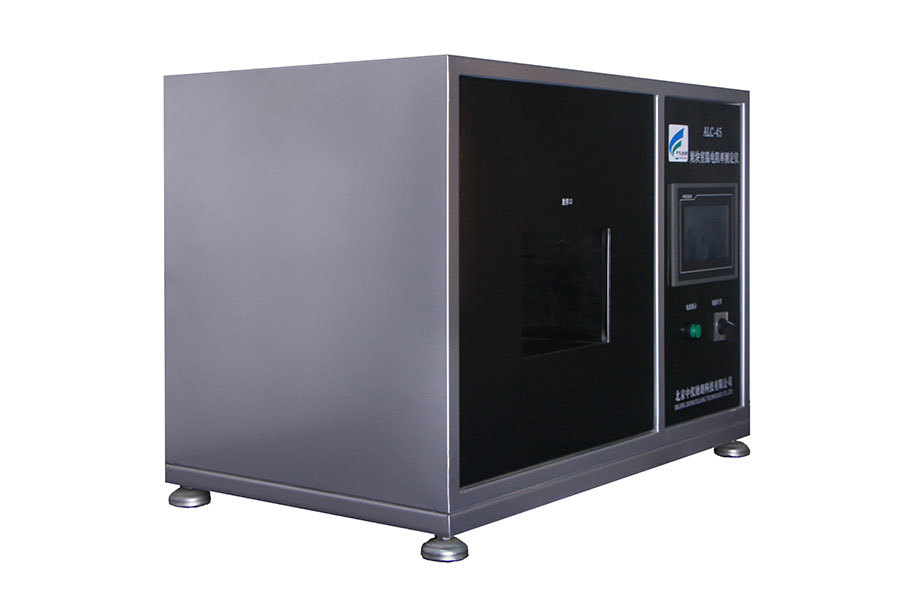Understanding Carbon Physical Properties Testing Equipment: Essential Knowledge for Electrical Engineering
Sep 29,2025

In the electrical engineering sector, particularly in the realm of testing instruments, understanding the physical properties of materials is critical. Carbon, being a widely used material, necessitates precise testing to ensure its optimal performance in various applications. Carbon physical properties testing equipment plays a pivotal role in evaluating the characteristics of carbon materials, which is essential for ensuring quality and reliability in electrical applications.
Carbon materials, such as graphite and carbon composites, exhibit unique physical properties, including conductivity, strength, thermal resistance, and elasticity. The evaluation of these properties is fundamental to various electrical applications, as they directly influence the performance and longevity of electrical components. As a result, the use of specialized testing equipment has become indispensable in the industry.
One of the primary functions of carbon physical properties testing equipment is to measure electrical conductivity. This property is crucial in determining how well carbon materials can conduct electricity, which impacts their suitability for specific applications. Conductivity testing typically involves methods such as the four-point probe technique, providing accurate measurements that can inform material selection and design.
In addition to conductivity, testing equipment can assess mechanical properties such as tensile strength and hardness. These properties are vital for ensuring that materials can withstand the stresses encountered in electrical environments without failing. For example, the ability of carbon composite materials to maintain their integrity under mechanical loads can be tested using universal testing machines, which provide precise data for engineers to work with.
Thermal properties are also a focus of carbon physical properties testing. The thermal conductivity and thermal expansion of carbon materials can significantly affect the performance of electrical devices, especially in high-temperature environments. Specialized testing setups can accurately measure these properties, allowing engineers to predict how materials will behave under operational conditions.
Furthermore, the testing of the carbon structure at a microscopic level can provide insights into its quality and performance. Techniques such as scanning electron microscopy (SEM) and X-ray diffraction (XRD) can be employed to analyze the structural integrity of carbon materials, revealing defects or inconsistencies that might compromise functionality.
In conclusion, carbon physical properties testing equipment is essential for electrical engineering professionals who require reliable and accurate data on the materials they work with. Through thorough testing, engineers can make informed decisions, ensuring that their products meet industry standards and perform effectively in their intended applications. Understanding the capabilities and importance of this equipment not only enhances material selection but also fosters innovation in the electrical engineering sector, paving the way for advancements in technology and safety.
Carbon materials, such as graphite and carbon composites, exhibit unique physical properties, including conductivity, strength, thermal resistance, and elasticity. The evaluation of these properties is fundamental to various electrical applications, as they directly influence the performance and longevity of electrical components. As a result, the use of specialized testing equipment has become indispensable in the industry.
One of the primary functions of carbon physical properties testing equipment is to measure electrical conductivity. This property is crucial in determining how well carbon materials can conduct electricity, which impacts their suitability for specific applications. Conductivity testing typically involves methods such as the four-point probe technique, providing accurate measurements that can inform material selection and design.
In addition to conductivity, testing equipment can assess mechanical properties such as tensile strength and hardness. These properties are vital for ensuring that materials can withstand the stresses encountered in electrical environments without failing. For example, the ability of carbon composite materials to maintain their integrity under mechanical loads can be tested using universal testing machines, which provide precise data for engineers to work with.
Thermal properties are also a focus of carbon physical properties testing. The thermal conductivity and thermal expansion of carbon materials can significantly affect the performance of electrical devices, especially in high-temperature environments. Specialized testing setups can accurately measure these properties, allowing engineers to predict how materials will behave under operational conditions.
Furthermore, the testing of the carbon structure at a microscopic level can provide insights into its quality and performance. Techniques such as scanning electron microscopy (SEM) and X-ray diffraction (XRD) can be employed to analyze the structural integrity of carbon materials, revealing defects or inconsistencies that might compromise functionality.
In conclusion, carbon physical properties testing equipment is essential for electrical engineering professionals who require reliable and accurate data on the materials they work with. Through thorough testing, engineers can make informed decisions, ensuring that their products meet industry standards and perform effectively in their intended applications. Understanding the capabilities and importance of this equipment not only enhances material selection but also fosters innovation in the electrical engineering sector, paving the way for advancements in technology and safety.
PREVIOUS:
Contact Us








